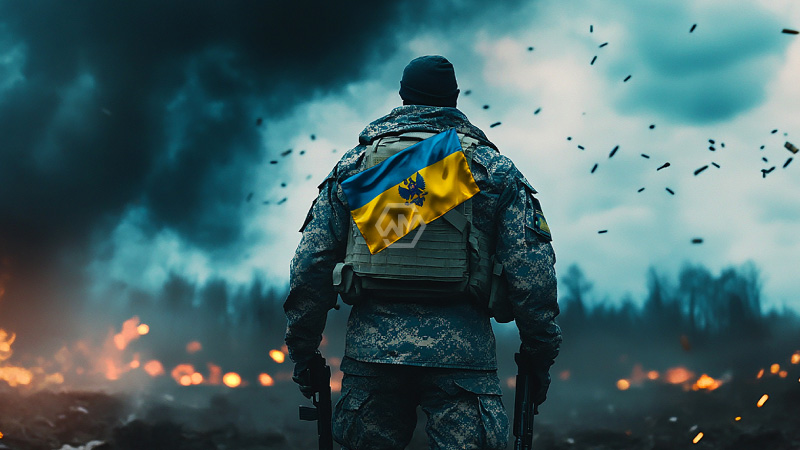- Nearly 1 million Russian troops reportedly lost; new drone strikes hit Zaporizhzhia.
- Ukraine signs strategic minerals deal with the U.S. despite tense negotiations.
- Trump’s mixed signals raise doubts about long-term American support for Kyiv.
Ukraine continues to face relentless Russian military aggression, with nearly 954,300 enemy troops reportedly eliminated and over 38,000 air targets downed.
In Washington, President Volodymyr Zelensky secured a significant minerals agreement with the U.S., viewed as a strategic win. The deal grants the U.S. shared access to Ukraine’s critical resources while affirming a long-term economic and security alignment.
Trump Shifts, Ukraine Resists: The Tense Balance of War, Diplomacy, and Resources
The Ukrainian Armed Forces continue to inflict heavy damage on Russian military assets, with updated figures revealing the scope of destruction over 38 months of war. Despite heavy civilian tolls and infrastructure damage, Ukraine’s defensive capabilities remain formidable, repelling air assaults and drone strikes across key regions.
The newly signed U.S.-Ukraine minerals agreement is a rare diplomatic breakthrough for Kyiv. It ensures shared oversight of reconstruction funds and eliminates prior U.S. demands for total control. For Zelensky, it marks both an economic milestone and a strategic foothold in sustaining global partnerships for Ukraine’s recovery.
Donald Trump’s recent actions have introduced volatility. While authorizing resumed arms sales, his public statements and policy leanings increasingly echo Russia’s position—rejecting NATO membership for Ukraine and hinting at territorial concessions. This inconsistency fuels concerns about future support under a potential Trump administration.
Meanwhile, Russia capitalizes on Trump’s engagement by portraying the dialogue as a return to U.S.-Russia parity. Kremlin media has emphasized joint conversations on broader issues—from Middle East affairs to nuclear non-proliferation—shifting the narrative away from isolation to partnership, and subtly sidelining Ukraine in the process.
As Ukraine defends its land and negotiates its future, the battle now extends beyond trenches to diplomacy and economic survival, where alliances must prove as reliable as armies.
“Despite enormous pressure, every overreaching demand from the other side was dropped.”
— Tymofiy Mylovanov, Kyiv School of Economics



